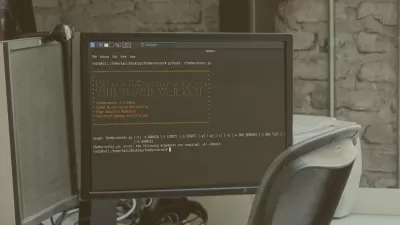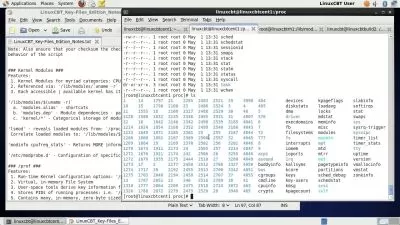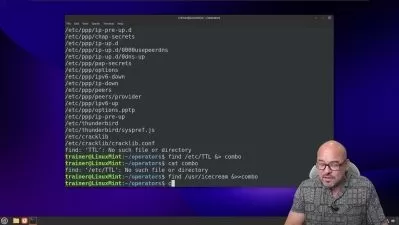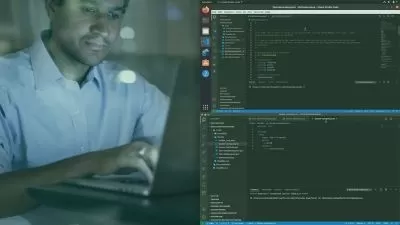Linux Essential for Ethical Hacking
Toronto Tech
3:08:41
Description
Linux for Hacking
What You'll Learn?
- Build Cybersecurity lab
- Master and Practice Linux Commands
- Master and practice grep
- Master and Prctice nmap
Who is this for?
More details
DescriptionThis course is designed for individuals who are interested in learning Linux commands that are useful for ethical hacking. The course will cover a range of topics, including basic Linux commands, network scanning, privilege escalation, password cracking, and more.
The course will begin with an introduction to Linux and the command-line interface (CLI), including basic commands such as navigating the file system, creating and manipulating files and directories, and editing files using the command line text editor, vi.
The course will then cover a variety of topics related to ethical hacking, such as network scanning and port scanning using tools like nmap.
Why Linux Essential for Ethical Hacking
Linux commands are important for penetration testing for several reasons:
Linux is widely used in servers and other network devices, so having a good understanding of Linux commands is essential for identifying vulnerabilities and potential entry points into a system.
Many of the tools and scripts used in penetration testing are developed for Linux-based operating systems, so knowing how to use Linux commands is essential for using these tools effectively.
Linux is highly customizable and offers a wide range of tools for system administration and security. Being able to use Linux commands effectively can help a penetration tester identify and exploit vulnerabilities in a system.
Linux offers powerful command-line tools for tasks such as network scanning, packet sniffing, and password cracking. By knowing how to use these tools, a penetration tester can quickly identify potential vulnerabilities and assess the overall security of a system.
Linux commands are often used in shell scripting, which can be used to automate tasks and create custom tools for penetration testing. By knowing how to use Linux commands in shell scripts, a penetration tester can save time and be more efficient in their work.
Overall, Linux commands are essential for penetration testing, and having a good understanding of Linux and its command-line interface can greatly improve the effectiveness and efficiency of a penetration tester.
Who this course is for:
- Anyone want to start ethical hacking must know linux
This course is designed for individuals who are interested in learning Linux commands that are useful for ethical hacking. The course will cover a range of topics, including basic Linux commands, network scanning, privilege escalation, password cracking, and more.
The course will begin with an introduction to Linux and the command-line interface (CLI), including basic commands such as navigating the file system, creating and manipulating files and directories, and editing files using the command line text editor, vi.
The course will then cover a variety of topics related to ethical hacking, such as network scanning and port scanning using tools like nmap.
Why Linux Essential for Ethical Hacking
Linux commands are important for penetration testing for several reasons:
Linux is widely used in servers and other network devices, so having a good understanding of Linux commands is essential for identifying vulnerabilities and potential entry points into a system.
Many of the tools and scripts used in penetration testing are developed for Linux-based operating systems, so knowing how to use Linux commands is essential for using these tools effectively.
Linux is highly customizable and offers a wide range of tools for system administration and security. Being able to use Linux commands effectively can help a penetration tester identify and exploit vulnerabilities in a system.
Linux offers powerful command-line tools for tasks such as network scanning, packet sniffing, and password cracking. By knowing how to use these tools, a penetration tester can quickly identify potential vulnerabilities and assess the overall security of a system.
Linux commands are often used in shell scripting, which can be used to automate tasks and create custom tools for penetration testing. By knowing how to use Linux commands in shell scripts, a penetration tester can save time and be more efficient in their work.
Overall, Linux commands are essential for penetration testing, and having a good understanding of Linux and its command-line interface can greatly improve the effectiveness and efficiency of a penetration tester.
Who this course is for:
- Anyone want to start ethical hacking must know linux
User Reviews
Rating
Toronto Tech
Instructor's Courses
Udemy
View courses Udemy- language english
- Training sessions 23
- duration 3:08:41
- Release Date 2023/05/17















